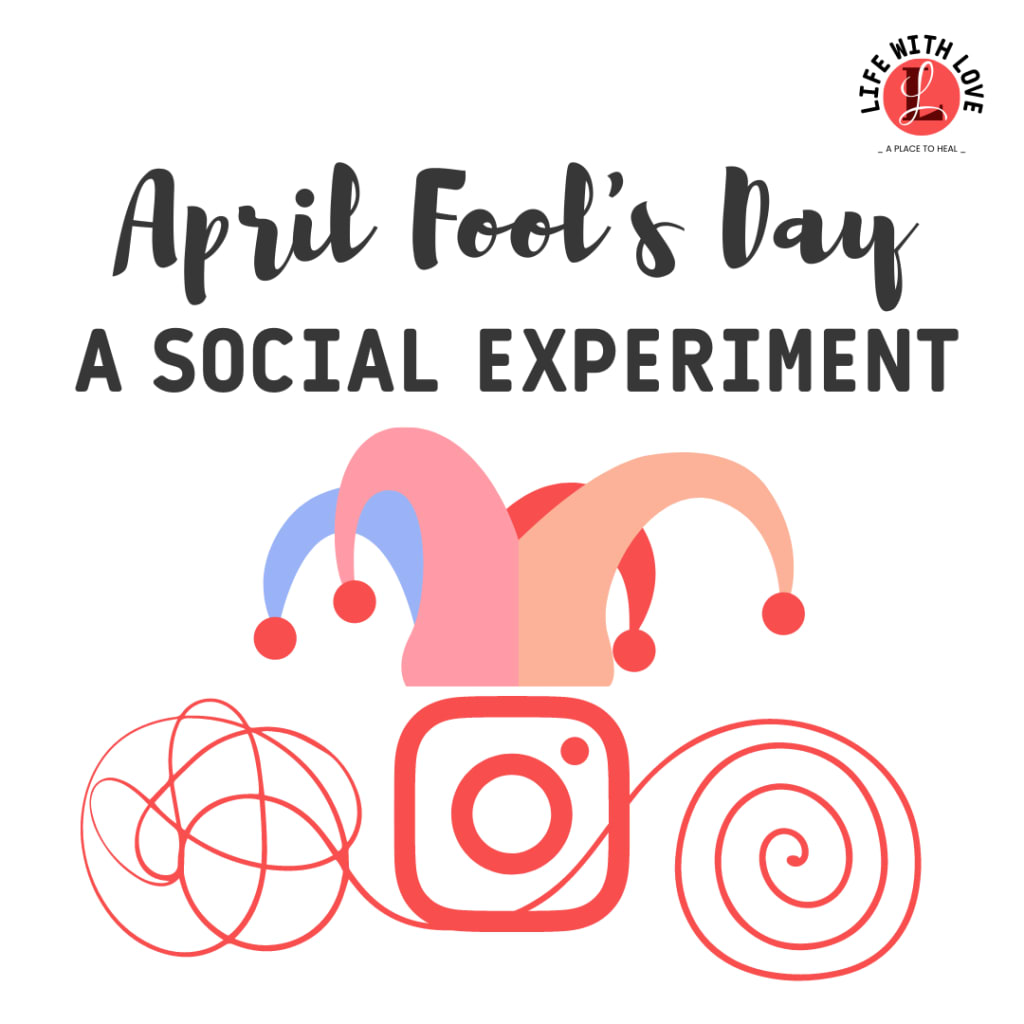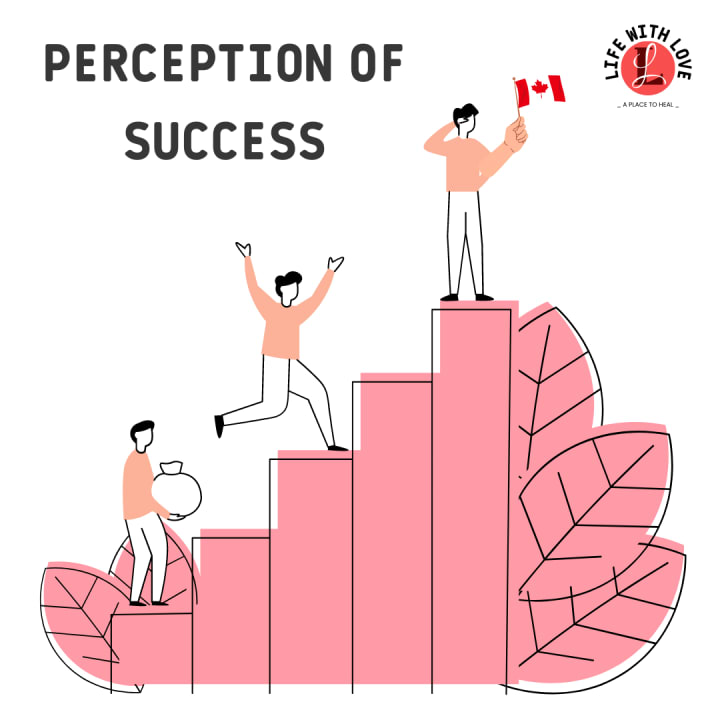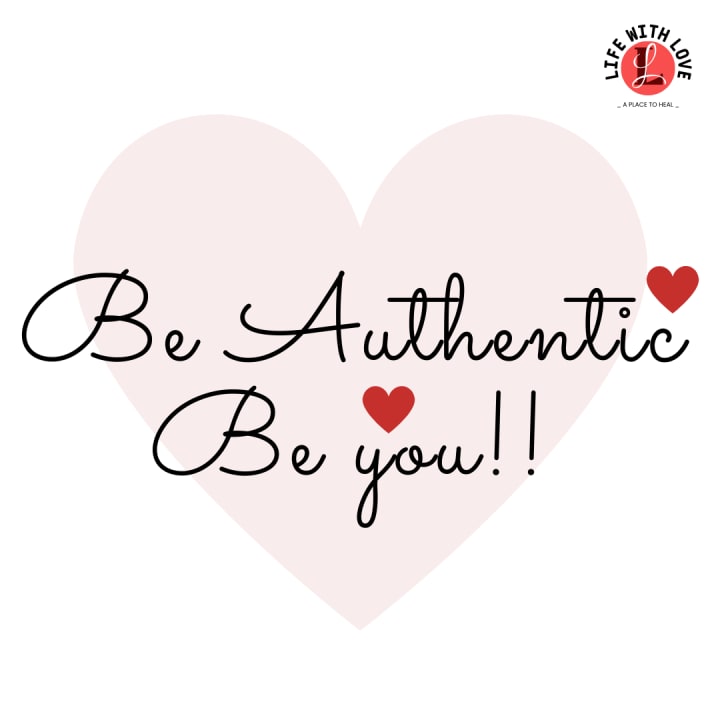April Fool's Day: A Social Experiment on the Psychology
Explore how I turn the April fool's prank into a social experiment! Reactions and results are shocking 🤯

Introduction
As April Fool's Day approached, I conducted a social experiment to see how people react to the perception of success. I uploaded fake stories to my social media accounts, claiming I had moved to Toronto, Canada. I continued to upload these stories for a week, and the results were astounding. Suddenly, I was the most popular person in my social circles, with friends, family, and even strangers reaching out to congratulate me on my supposed achievement. But as I soon learned, the reality was far from what people believed.

In this blog, you will see the psychological point of view that social media provides us and make us believe false things are true.
The Experiment Begins
I decided to start this experiment by sharing a short Instagram story announcing my arrival in Toronto and my eagerness to begin a new life. I kept sharing images and updates about my new life in Canada after that. I made sure to include pictures of expensive hotels, rich people's lives, music concerts, a trip to Niagara Falls, or other things that people identify with success and money. I kept getting messages from people congratulating me on my decision and expressing their respect for my apparent accomplishment as the week went on.
As the experiment unfolded, I became fascinated by the power of perception. People saw me as successful simply because I presented myself that way on social media. They didn't question the validity of my claims or the fact that I had never mentioned any plans to move to Canada before. Instead, they saw what they wanted to see: a successful person living the life they dreamed of.
The Perception of Success
The investigation also showed how social media affects how people see their accomplishments and success. Several of my friends and family members were jealous of me as a consequence of the pictures and stories that were shared on social media since many people thought that the possibility of migrating to Canada was a significant achievement.
This phenomenon is not unique to this particular experiment but is instead a common experience in the age of social media. People tend to showcase only the best aspects of their lives on social media, creating a distorted perception of reality. This has resulted in a culture where success is measured by how many likes and followers one has on social media rather than one's actual achievements.

It's critical to keep in mind that social media just provides a brief window into someone's life, and it's crucial to avoid making judgments about oneself or others based only on what they publish online. The experiment emphasizes the necessity to put more emphasis on one's progress and accomplishments than on obtaining approval from others.
The Dark Side of Perception
Not all of the answers I got, though, were complimentary. Several individuals responded with enmity and jealousy, wondering how I could support such an opulent lifestyle. Family members called to enquire about my alleged relocation, obviously envious of what they perceived to be my unexpected money and success. Furthermore, two girls messaged me to express their love for me and beg me to be their partner now that I was living in Canada.
The replies I got throughout the social experiment showed that envy and jealousy are normal emotions for perceived achievement. Many people harbor grudges towards others they believe to have found greater success or pleasure than they have. This can be related to several things, including inadequacies, a fear of missing out, and pressure from society to succeed.

The experiment also demonstrated how jealousy and enmity might impact our interpersonal interactions. Some of my friends and family grew aloof, while others reached out to me purely out of a desire to elevate their social standing. It's crucial to understand that jealousy and envy can result in unfavorable feelings and actions that can harm relationships, and it's crucial to deal with these feelings healthily.
One way to overcome envy and jealousy is to practice gratitude. Focusing on what one is grateful for rather than what one lacks can help shift one's perspective from one of scarcity to one of abundance. Another strategy is to cultivate empathy towards others and to celebrate their successes rather than feeling threatened by them.
The Aftermath
On April Fool's Day, I revealed the truth behind my social media posts. I explained to my followers that everything was a hoax and that I had never moved to Canada. The response was mixed; some people laughed and congratulated me on my successful prank, while others were angry and felt tricked. But the experiment taught me a valuable lesson about the power of perception and the impact it can have on people's behavior.
What do humans need? Authenticity
While the social experiment may have garnered attention and admiration from some, it is important to remember that these perceptions do not define true success or happiness. Relying solely on the perceptions of others for validation can lead to a false sense of achievement and ultimately a lack of fulfillment.
Living authentically entails remaining true to oneself and refusing to let other people determine one's value or level of achievement. It necessitates having a clear knowledge of one's values, interests, and objectives as well as a dedication to achieving them despite what other people may think.

By being genuine, we can forge sincere bonds and relationships as well as experience true delight and happiness. It serves as a reminder that success should be determined not only by external factors but also by internal factors like personal growth and contentment.
As I believed the people who call me, are more audible than those who never called because they simply believe the social media and make their assumptions about my life and achievements. So being audible, independent of social media such that it does not make or break relationships, humans need to be more audible and present in real life, call in real life or meet in real life.
Final Thoughts
Ultimately, my sociological experiment showed me how easily you can sway people's perceptions of success and achievement. By portraying myself as successful and wealthy on social media, I was able to arouse admiration, resentment, and occasionally even affection from others in my social circle. The exercise, however, also made me aware of the dangers of this kind of manipulation and the damage it can cause to one's relationships and general welfare. Ultimately, it's important to remember that perception isn't always a representation of reality and that real success comes from the inside, not from how other people view you.
About the Creator
Life with Love
Passionate writer and storyteller. Opinion pieces, how-to guides, and creative writing are my specialties. Let me take you on a journey through words. Follow me for fresh perspectives and engaging content. Let's connect!






Comments
There are no comments for this story
Be the first to respond and start the conversation.